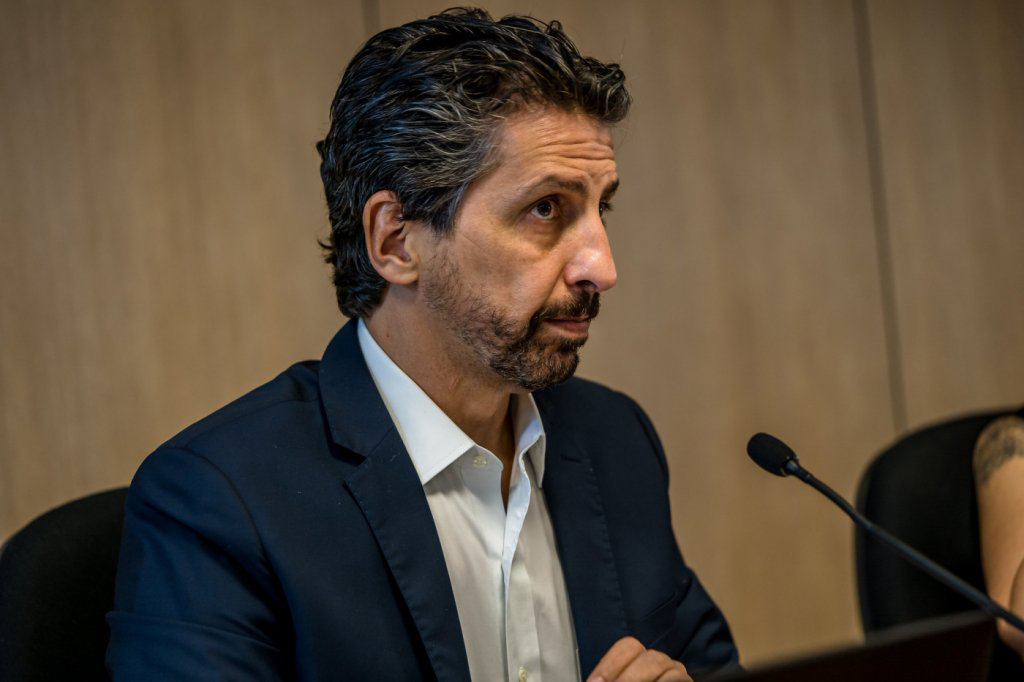GLASGOW, (Reuters) – Brazil yesterday said it was raising its climate commitments at the start of the COP26 summit, including ending illegal deforestation by 2028, marking a change of tone after more than two years of soaring destruction under President Jair Bolsonaro.
Speaking by live video link, Brazil’s Environment minister, Joaquim Pereira Leite, said yesterday the country would cut its greenhouse gas emissions by 50% by 2030, compared with a previous commitment to reduce emissions by 43% over that period.
The greenhouse gas reductions are calculated against emissions levels in 2005.
That baseline was retroactively revised down last year, making it easier for Brazil’s targets to be met. Advocacy group Climate Observatory said that a 50% reduction was still weaker than the 43% commitment using the pre-Bolsonaro baseline, meaning Brazil had not in reality increased its ambition.
In a plan to meet that target presented by the Environment Ministry, Brazil moved forward by two years its existing commitment to end deforestation by 2030. That trajectory includes cutting deforestation 15% annually between 2022 and 2024, 40% in 2025 and 2026 and 50% in 2027.
Deforestation hit a 12-year high in Brazil’s Amazon rainforest in 2020, with preliminary government data showing a possible single-digit decline for 2021.
In a prerecorded video shown at COP26 in Glasgow, Bolsonaro said he had authorized Pereira Leite to submit new climate targets at the summit.
“We will act responsibly and search for real solutions for an urgent transition,” Bolsonaro said.
“I reaffirm my message to all who participate in COP26 and the Brazilian people: Brazil is part of the solution to overcome this global problem.”
Pereira Leite also said Brazil would formalize a commitment to become “climate neutral” by 2050 during COP26, a promise first made by Bolsonaro in April.
U.S. climate envoy John Kerry praised Brazil’s new targets.
“We welcome Brazil’s new commitments … This adds crucial momentum to the global movement to combat the #ClimateCrisis. Looking forward to working together!” Kerry said on Twitter.
The Glasgow talks aim to keep alive a target of capping global warming at 1.5 degrees Celsius (2.7 Fahrenheit) above pre-industrial levels – a level scientists say would avoid its most destructive consequences.
To do that, it needs more ambitious pledges from national governments.
Brazil’s greenhouse gas emissions rose 9.5% in 2020, a study released last week sponsored by Climate Observatory found. Deforestation is the biggest source of Brazil’s emissions.






